Visiting Greece? A few simple Greek words can completely change your experience. Locals genuinely appreciate even a small effort, and knowing basic phrases makes everyday situations—ordering food, asking for directions, checking into a hotel much easier.
This guide includes essential Greek phrases for tourists visiting Greece, including useful expressions for hotels, restaurants, transport, and emergencies.
👋 Basic Greetings
| English | Greek | Pronunciation |
|---|---|---|
| Hello (formal) | Γεια σας | Ya sas |
| Hi (informal) | Γεια | Ya |
| Hello (polite) | Χαίρετε | Herete |
| Good morning | Καλημέρα | Kali-méra |
| Good afternoon/evening | Καλησπέρα | Kali-spéra |
| Good night | Καληνύχτα | Kali-níhta |
| Goodbye | Αντίο | Adío |
| See you later | Θα σας δω αργότερα / Τα λέμε | Tha sas do argotera / Ta léme |
| Welcome | Καλώς ήρθατε | Kalós írthate |
| Enjoy your stay | Καλή διαμονή | Kalí diamoní |
| How are you? | Πώς είστε; | Pós íste? |
| Nice to meet you | Χαίρω πολύ | Héro polí |
| My name is… | Με λένε… | Me léne… |
| Have a good trip | Καλό ταξίδι | Kaló taxídi |
| Please / You’re welcome | Παρακαλώ | Parakaló |
| Thank you | Ευχαριστώ | Efharistó |
| Yes | Ναι | Nai |
| No | Όχι | Ohi |
🙏 Politeness & Communication
| English | Greek | Pronunciation |
|---|---|---|
| Please | Παρακαλώ | Parakaló |
| Thank you | Ευχαριστώ | Efharistó |
| You’re welcome | Παρακαλώ | Parakaló |
| Excuse me / Sorry | Συγγνώμη | Signómi |
| Do you speak English? | Μιλάτε Αγγλικά; | Miláte Angliká? |
| I don’t understand | Δεν καταλαβαίνω | Den katalavéno |
| I don’t speak Greek | Δεν μιλάω Ελληνικά | Den miláo Elliniká |
| Can you help me? | Μπορείτε να με βοηθήσετε; | Boríte na me voithísete? |
🏨 At the Hotel
| English | Greek | Pronunciation |
|---|---|---|
| I have a reservation | Έχω κράτηση | Ého krátisi |
| Room | Δωμάτιο | Domátio |
| Key | Κλειδί | Klidí |
| Breakfast | Πρωινό | Proinó |
| Is breakfast included? | Περιλαμβάνεται το πρωινό; | Perilamvánete to proinó? |
| Air conditioning | Κλιματισμός | Klimatismós |
| Wi-Fi | Wi-Fi | Wi-Fi |
🍽 At a Restaurant / Café
| English | Greek | Pronunciation |
|---|---|---|
| Table for two | Τραπέζι για δύο | Trapézi ya dío |
| Menu | Μενού | Menú |
| Water | Νερό | Neró |
| Coffee | Καφές | Kafés |
| Beer | Μπύρα | Bíra |
| Wine | Κρασί | Krasí |
| Cheers! | Στην υγειά μας! | Stin iyá mas! |
| The bill, please | Τον λογαριασμό, παρακαλώ | Ton logariasmó, parakaló |
| Delicious | Νόστιμο | Nóstimo |
| Vegetarian | Χορτοφαγικό | Horto-fayikó |
🏖 Directions & Transport
| English | Greek | Pronunciation |
|---|---|---|
| Where is…? | Πού είναι…; | Poú íne? |
| Beach | Παραλία | Paralía |
| Airport | Αεροδρόμιο | Aerodrómio |
| Port | Λιμάνι | Limáni |
| Bus stop | Στάση λεωφορείου | Stási leoforíu |
| Taxi | Ταξί | Taxí |
| Left | Αριστερά | Aristerá |
| Right | Δεξιά | Dexiá |
| Straight ahead | Ευθεία | Eftheía |
| How much is the ticket? | Πόσο κάνει το εισιτήριο; | Póso káni to isitírio? |
🚑 Emergencies
| English | Greek | Pronunciation |
|---|---|---|
| Help! | Βοήθεια! | Voíthia! |
| Doctor | Γιατρός | Yatrós |
| Pharmacy | Φαρμακείο | Farmakío |
| Hospital | Νοσοκομείο | Nosokomío |
| Police | Αστυνομία | Astinomía |
| I need a doctor | Χρειάζομαι γιατρό | Hriázome yatró |
Frequently Asked Questions About Greek Phrases
Do people in Greece speak English?
Yes. English is widely spoken in tourist areas, hotels, restaurants, and transport hubs.
However, locals truly appreciate it when visitors use simple Greek words like
“Καλημέρα” (Good morning) or “Ευχαριστώ” (Thank you).
Is it polite to say “Efharistó” in Greece?
Absolutely. “Ευχαριστώ” (Efharistó) means “Thank you,” and it is one of the most
appreciated words you can use while traveling in Greece. Even a small effort
in Greek is usually met with a smile.
What is the most useful Greek word for tourists?
“Παρακαλώ” (Parakaló) is extremely useful because it can mean both “Please.”
and “You’re welcome.” It’s practical, polite, and used in everyday situations
across Greece.
How do you greet someone politely in Greek?
The safest and most polite greeting is “Γεια σας” (Ya sas). It works in
almost all situations—shops, hotels, restaurants, and formal settings.
Is it necessary to learn Greek before visiting Greece?
Of course not, but knowing a few basic Greek phrases makes your trip
smoother and more enjoyable. Simple words for greetings, directions, and
ordering food can make a real difference.

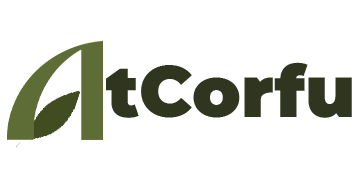


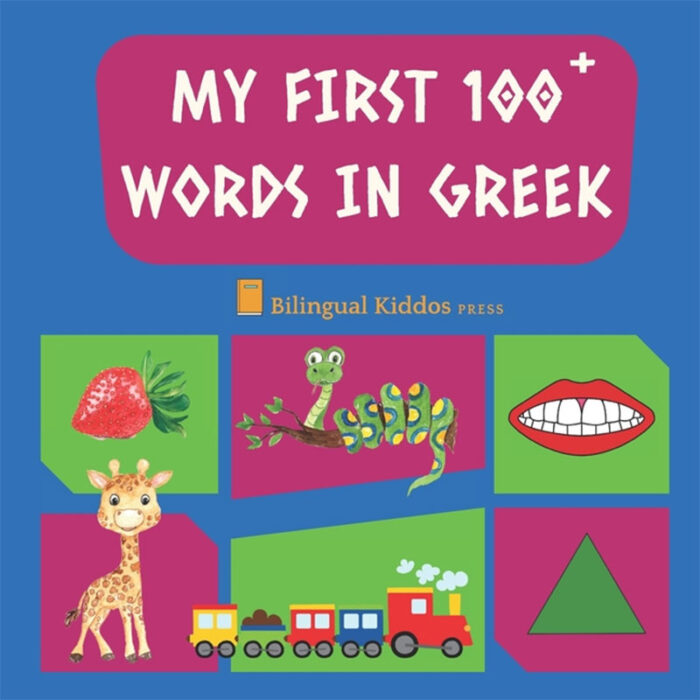
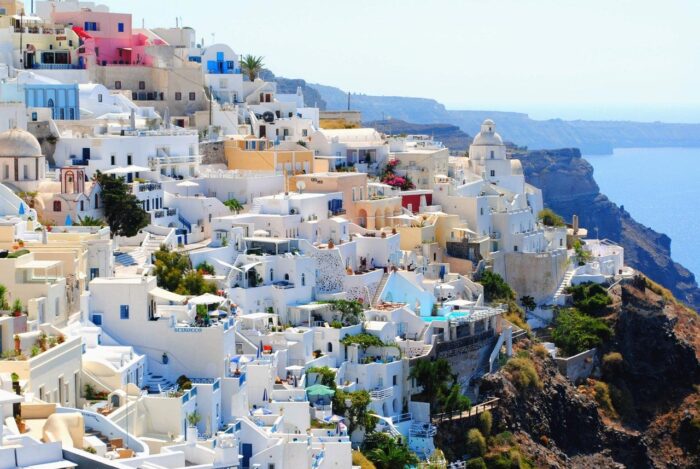
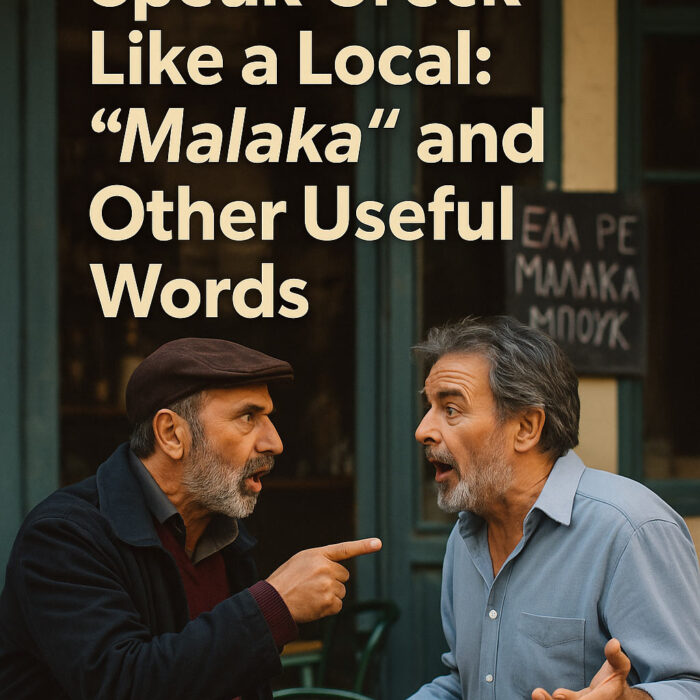
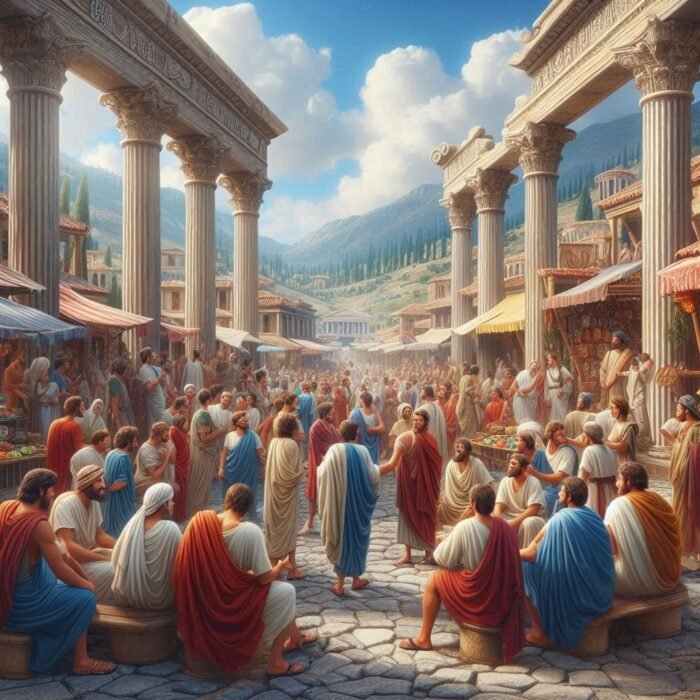
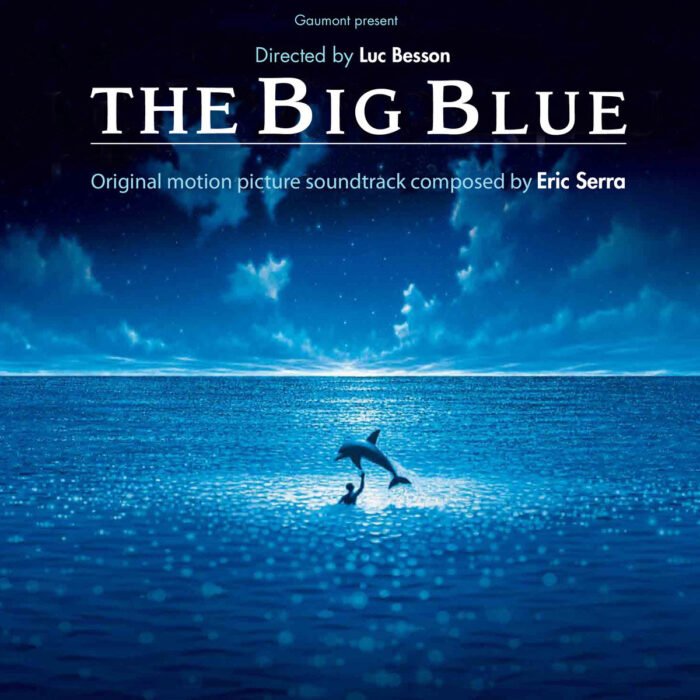

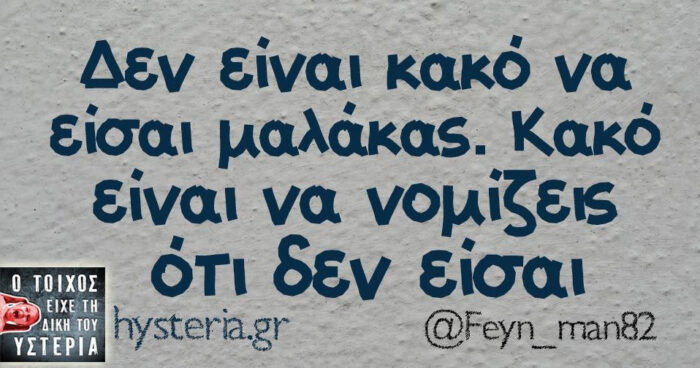
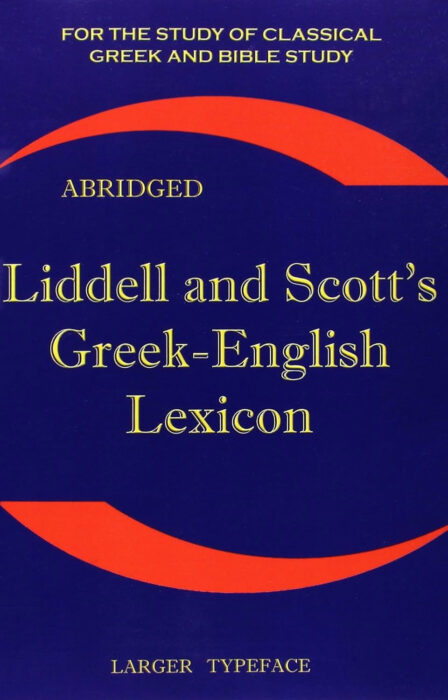
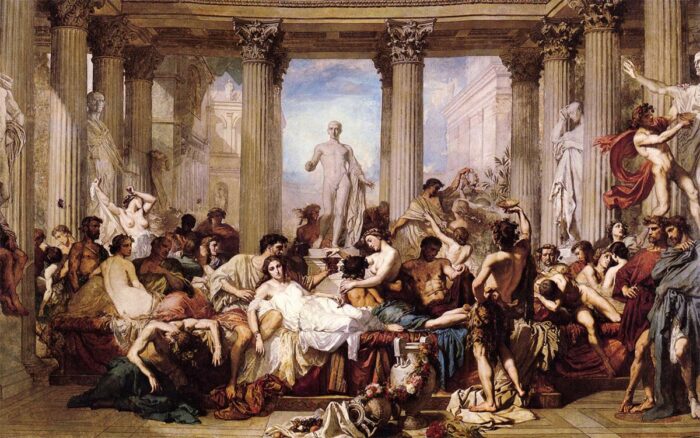
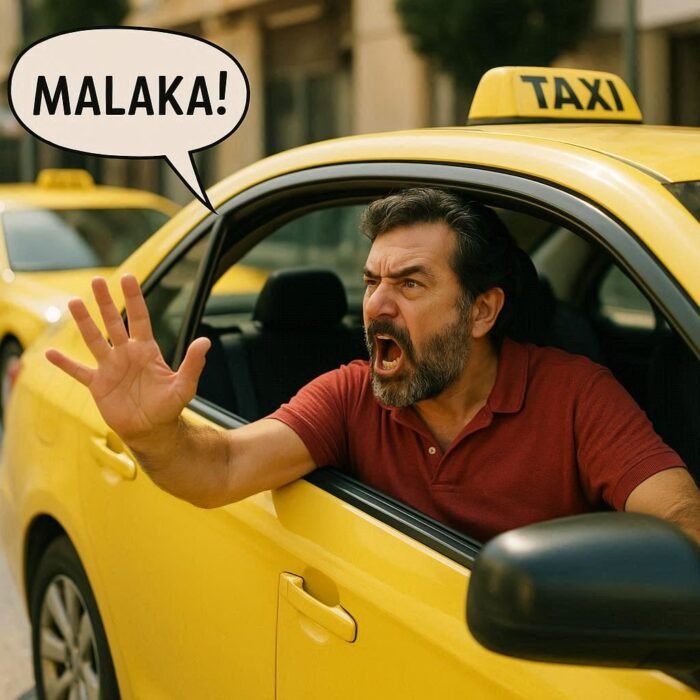
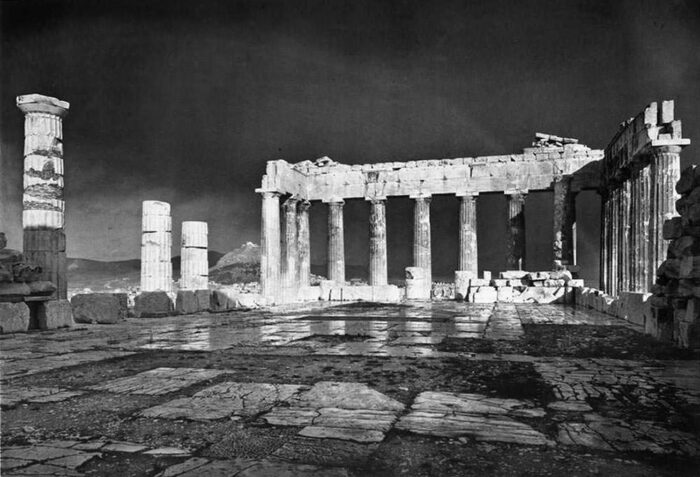
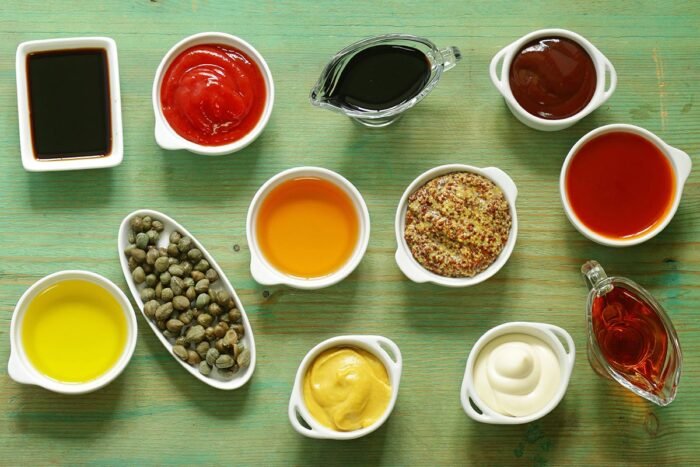



Comments